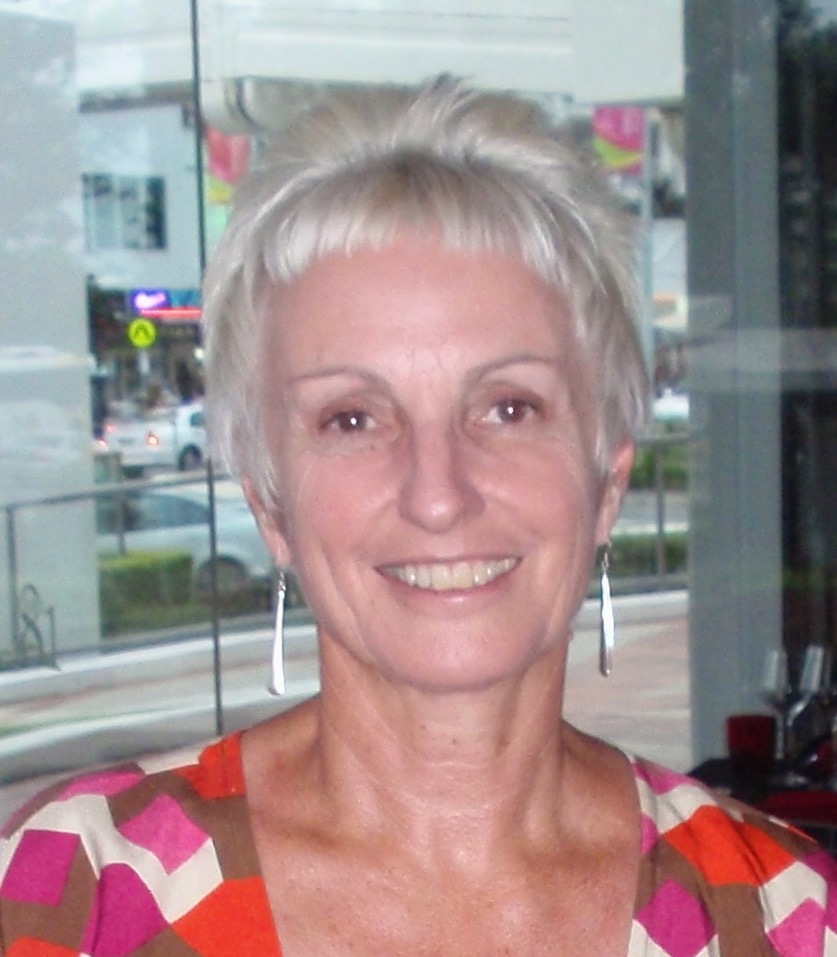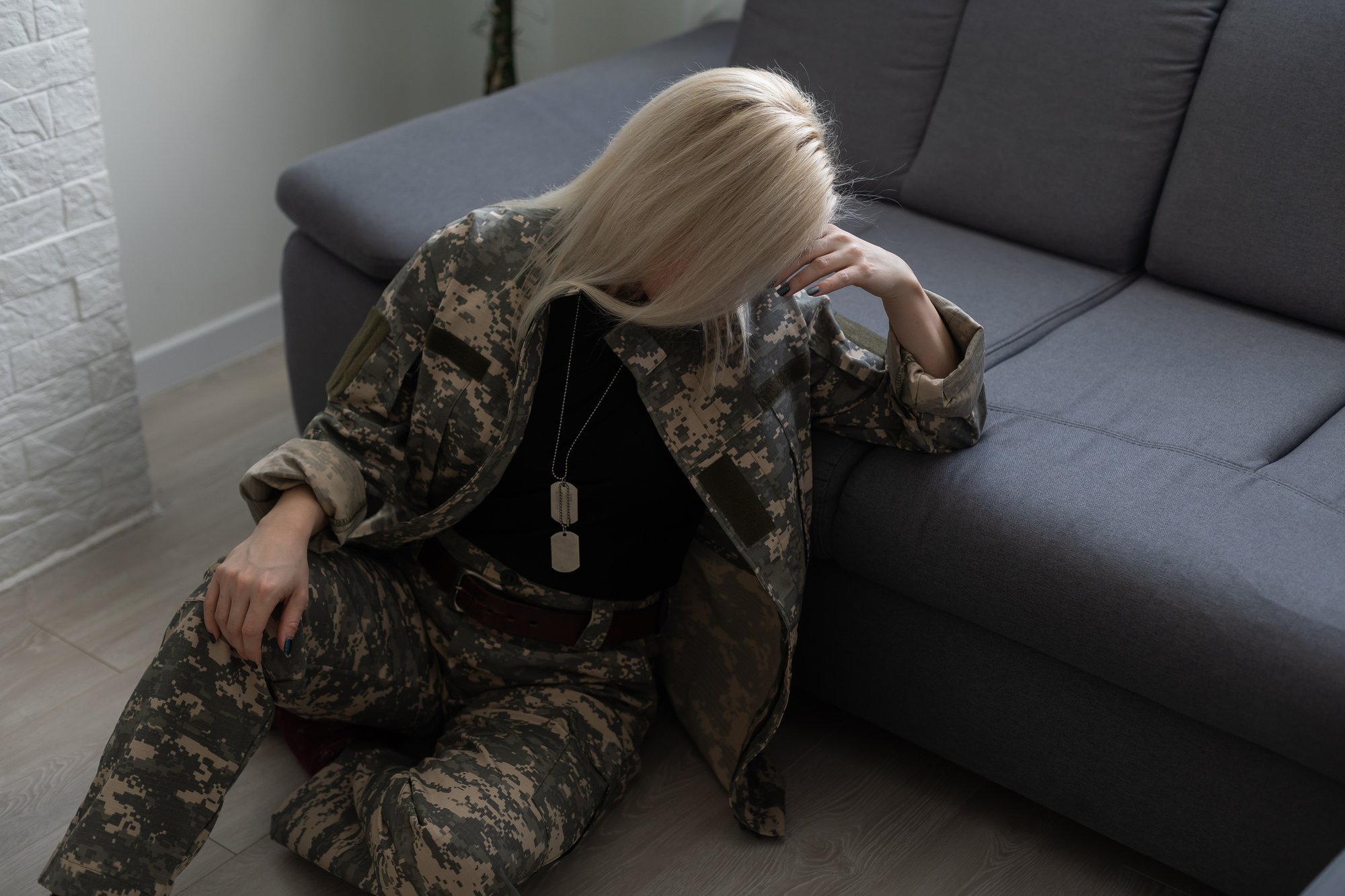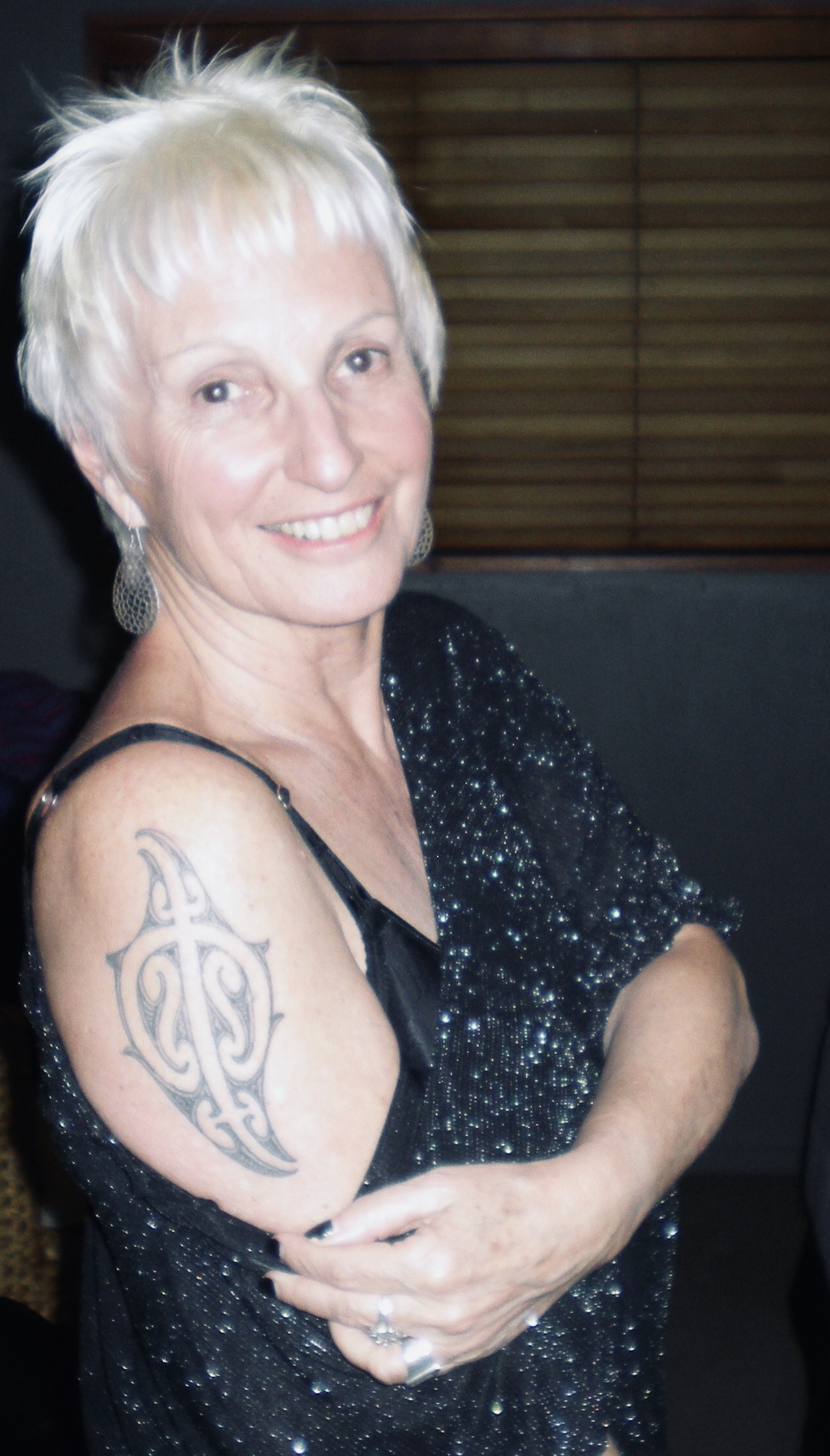The Matter of Forgiveness
Leila Abduallah, the mother who tragically lost her children when a drugged driver mounted the footpath and ran over her three children and their cousin early last year, has recently been awarded the Mother of the Year award. One can only imagine her grief and that of her family.
Much has been made of her willingness to forgive the driver who killed her children. In relation to this terrible event, Jenny Morrison, the Prime Minister’s wife, spoke about forgiveness as a gift and that if we didn’t forgive, we “walk around with a heart and head full of hate, resentment and unforgiveness and with a suitcase full of baggage.”
The need to forgive another person when injustice has been done is a common virtue upheld, especially in spiritual and faith communities. While I absolutely respect those who choose forgiveness as their way of healing through trauma and injustice, I disagree when ‘forgiveness” is offered as a quick fix solution to suffering, or imposed on to another person as the way to ‘heal’.
Sometimes to choose ‘not to forgive’ is a stand of empowerment that the victim needs to make in order to hold on to her/his integrity and sense of personhood. To maintain one’s outrage over atrocious acts of harm inflicted upon oneself or other people is completely valid in my opinion.
Sometimes I come across people who say they have forgiven the past and the people who have hurt them, but they have never acknowledged or worked through the layers of grief, sorrow, anger and rage connected to those experiences.
These unacknowledged emotions either get acted out inappropriately onto others or accumulate within and the person becomes deeply depressed, anxious or uses substances to dull their emotional pain.
To not forgive does not mean we have to become embittered.
I really like Maya Angelou’s words on this theme of dealing with injustice in our Iives.
“ You should be angry. You must not be bitter. Bitterness is like cancer. It eats upon the host. It doesn’t do anything to the object of its displeasure. So use that anger. You write it. You paint it. You dance it. You march it. You vote it. You do everything about it. You talk it. Never stop talking about it.”
I hope this helps those of you who may struggle with this problematic matter of forgiveness.






Very informative